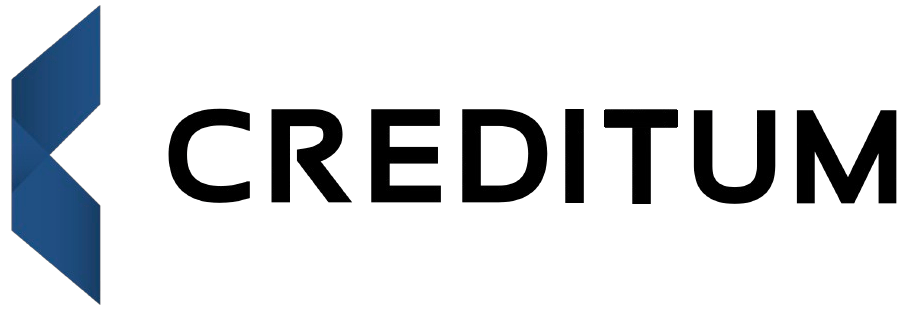Loans for self-employed
- No impact on your credit score
- Get offers in seconds
- Loans offers are non-binding

For self-employed individuals, accessing loans can be a gateway to financial growth and stability. With tailored financial solutions, it’s possible to invest in your business or manage unforeseen expenses. While traditionally challenging, the right loan offers the liquidity needed to expand operations or cushion cash flow fluctuations. Embrace these opportunities and pave the way towards a secure financial future.
Understanding self-employment loans
Loans for self-employed individuals cater to those without a steady paycheck. These loans recognise the unique income patterns of freelancers and business owners. Unlike traditional loans, these loans consider alternative documentation, such as bank statements, to assess eligibility. Often featuring flexible repayment terms, they help manage irregular cash flows. Their benefits include access to funds without collateral, making them ideal for expanding businesses or managing expenses.
Challenges faced by the self-employed
Securing loans can be tricky for the self-employed. Without regular pay slips, proving income becomes a hurdle. Many lenders require formal income documentation, but self-employed individuals often rely on fluctuating earnings and business invoices. This can create doubt in the eyes of lenders. Another obstacle is the perception of income stability. Lenders might view self-employed income as risky, as it can vary month-to-month. Such inconsistencies often lead to difficulty in meeting traditional loan requirements, which are typically geared towards salaried employees. Despite these challenges, understanding what lenders need can increase approval chances.
Criteria for loan eligibility
Self-employed individuals seeking loans must meet several key criteria. It’s important to have a good credit score and to be able to prove income stability. Here’s what lenders typically look for:
- A consistent and verifiable income history over a certain period, usually at least six months to a year.
- Documentation such as bank statements to demonstrate financial health.
- A solid credit score, typically above a minimum threshold, to assure lenders of your financial responsibility.
- Evidence of a registered business or freelance work, potentially including tax returns.
- A low debt-to-income ratio to show you can manage additional loan payments.
Steps to apply for a loan
Outlined here is a simple step-by-step process for self-employed individuals to navigate the loan application successfully:
- Gather Financial Documents: Begin by assembling all necessary financial documents. This often includes bank statements, proof of income, tax returns, and a detailed record of business expenses. These help show lenders your financial health.
- Check Credit Score: Knowing your credit score is crucial. It impacts loan approval and interest rates. If your score needs improvement, consider paying off small debts first.
- Research Lenders: Study different lenders and compare interest rates and terms. Some may offer better deals to self-employed people.
- Prepare a Business Plan: Although not always required, a business plan can give lenders more confidence. It shows you have a clear vision of your financial future.
- Complete the Application: Fill out the loan application thoroughly. Ensure all information matches your supporting documents.
- Submit Documents: Attach the collected financial documents with your application. Double-check for accuracy to avoid delays.
- Wait for Approval: This can take time, so be patient. Lenders will review your application and may request additional information.
- Review Loan Offer: Once approved, carefully review the loan offer, terms, and conditions. Make sure they’re favourable before accepting.
- Receive Funds: After acceptance, funds are usually deposited directly into your account within a few days, allowing you to proceed with your financial plans.
Myths about self-employment loans
There are many myths about self-employment loans that can mislead people. One common belief is that it’s impossible for the self-employed to secure a loan. In reality, while it might be challenging, it’s far from impossible. Lenders may require more documentation, but many are open to working with self-employed individuals. Another myth is that self-employed loans always have higher interest rates. While rates can vary, they aren’t universally higher. Always seek factual information and consult with professionals to understand the options available to you. Don’t let myths stop you from exploring financing solutions tailored for your needs.
Alternative financing options
For self-employed individuals, finding funding can sometimes be challenging through traditional channels. Fortunately, there are alternative financing options available that offer more flexibility. One such option is informal lending circles, where friends or community members pool resources together to lend to individuals in need. Another possibility is micro-loans, which are small amounts of money lent to entrepreneurs or small business owners by specialized financial institutions. These loans often have less stringent requirements, making them accessible to those who may not qualify for regular loans. Exploring these alternatives can provide crucial financial support when traditional options are out of reach.
The future of self-employment and finance
Financial institutions are evolving, recognising the unique needs of the self-employed sector. With technology advancements, there’s a move towards more inclusive and flexible solutions. This means easier access to resources like financial advice and specialised products. Embrace the excitement of new opportunities as these changes aim to support self-employment growth. The future looks promising!
